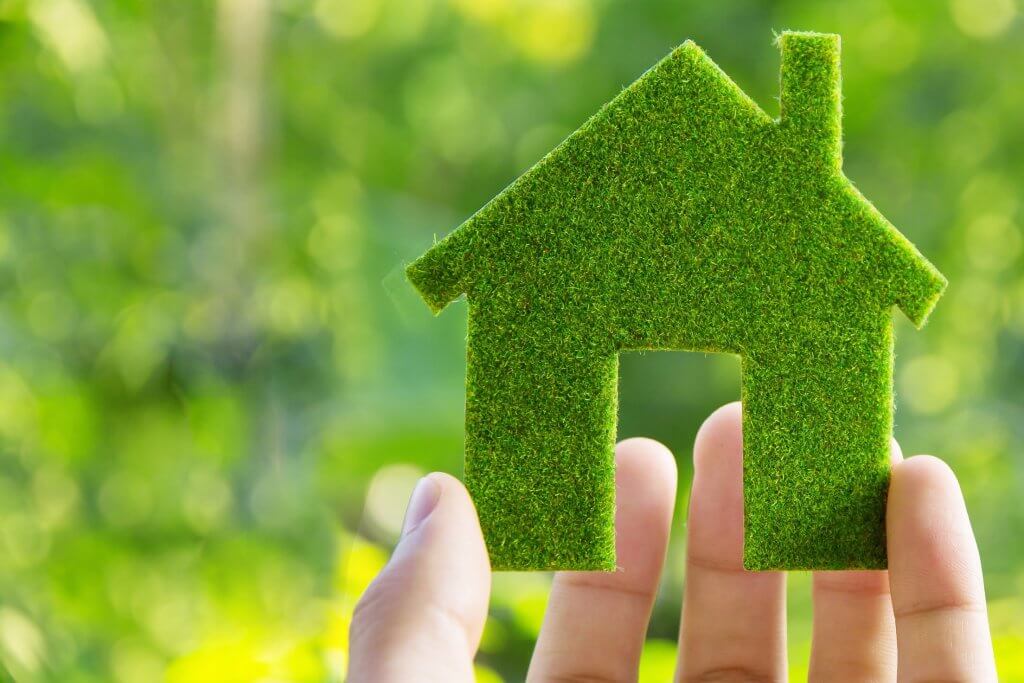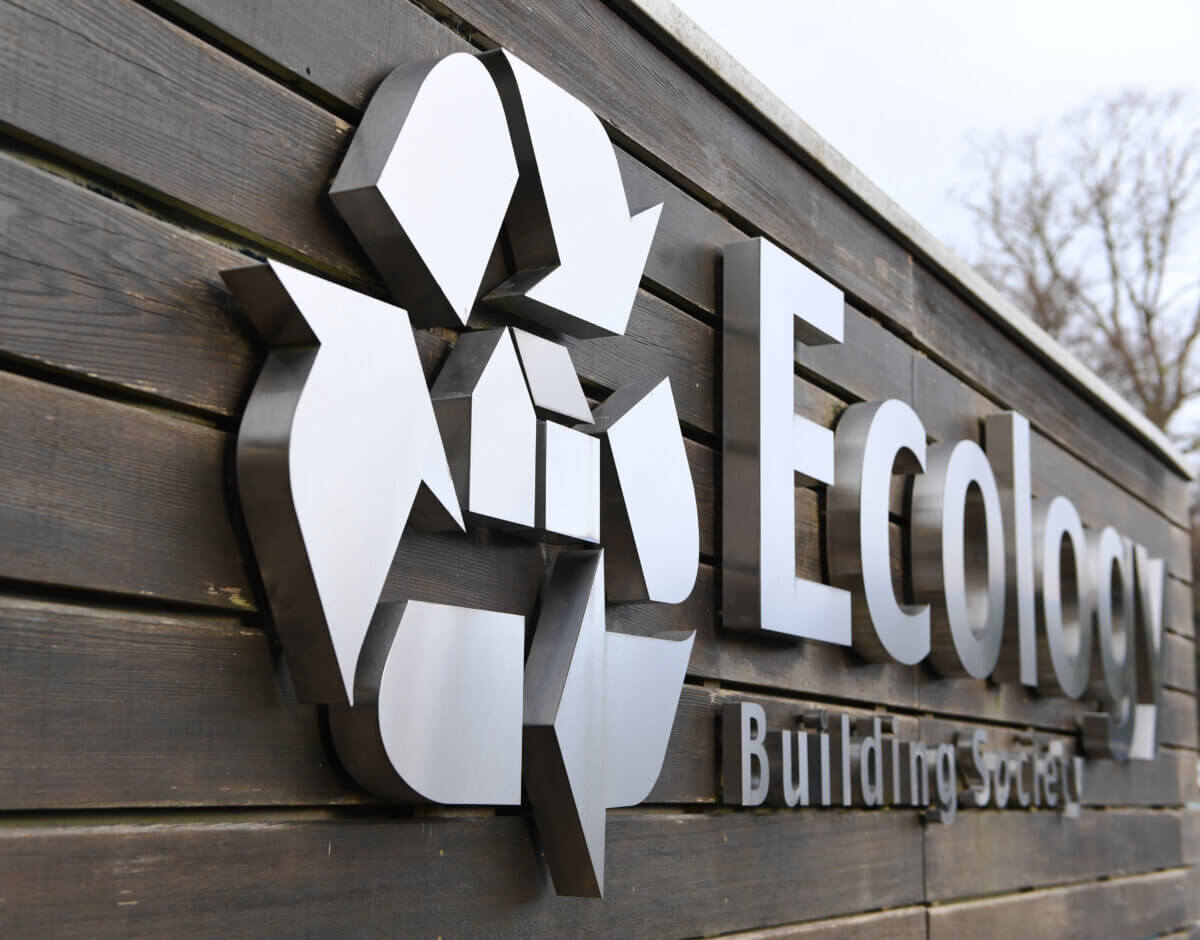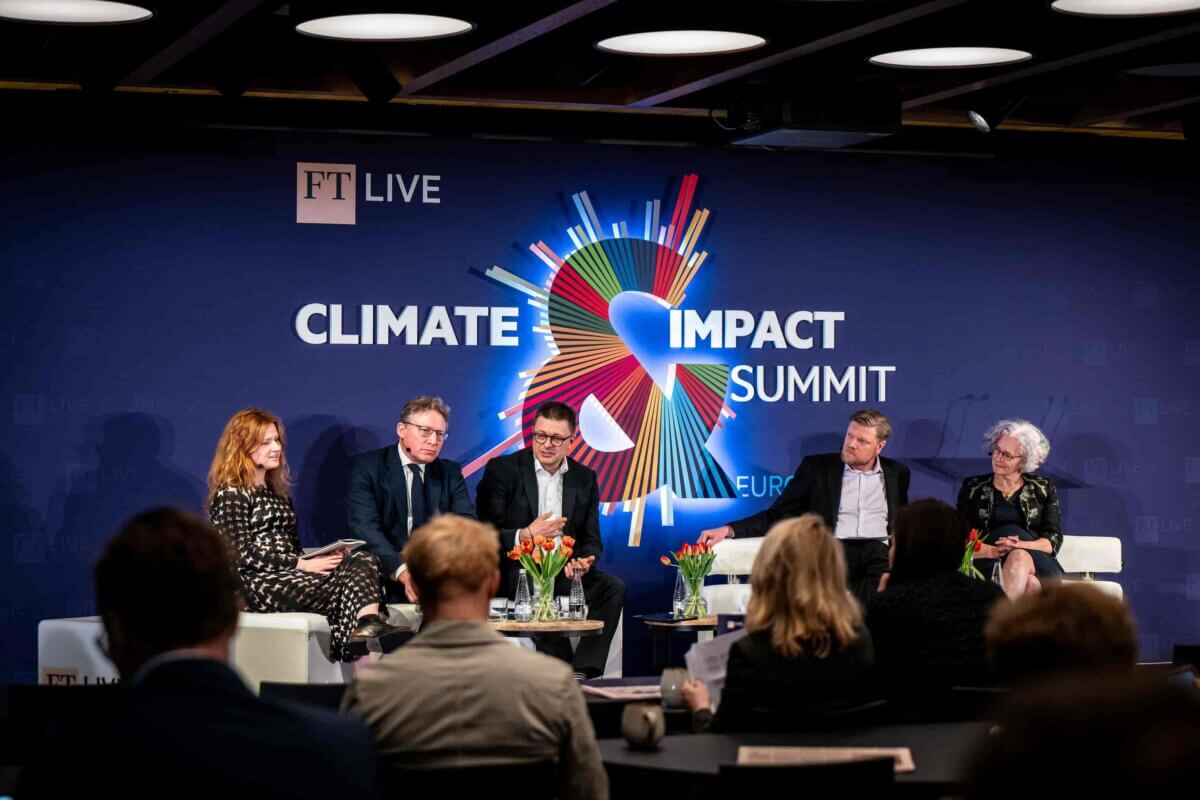We’re Raising The Bar On Self- And Custom-Build Homes

We’ve increased the entry criteria for our range of sustainable mortgages for self- and custom-build in a drive to encourage and accelerate the construction of energy efficient homes to help meet the UK’s net-zero ambitions.
The minimum energy rating level (or Standard Assessment Procedure (SAP) rating) has been raised to 88, for self-build applicants to achieve when their build is completed. By increasing the entry level, we’re continuing to lead the way in supporting construction of the most energy efficient buildings, which is critical if we are to meet our Paris commitments and tackle the climate and ecological crisis.
Building Regulations require that a SAP calculation and a predicted ‘on construction’ Energy Performance Certificate (EPC) is submitted for new dwellings prior to building work commencing. Ecology will consider both the energy efficiency (EE) and environmental impact (EI) ratings.
We began the year with our strongest ever pipeline of lending for low impact homes. The Society is continuing to work with potential borrowers, signposting them to sources of help to improve their build quality to meet the new standard.
The decision to increase the entry level for self- and custom-build comes at a time when the UK Government is recognising the urgent need to reduce the carbon impact of house building and has stated that new homes must reduce carbon emissions by 75% by 2025.
On completion of the building works borrowers may become eligible for one of our C-Change mortgages which incentivise energy efficiency through mortgage pricing.
Daniel Capstick, Ecology’s Mortgage Manager explains,
“Now more than ever it’s important that lenders play an active role in a sustainable recovery, helping to build back better. We’ve been leading the way on green mortgages for 40 years and we hope that the changes to our lending criteria will result in our borrowers building more energy efficient homes, which is critical in the fight against climate change.”




